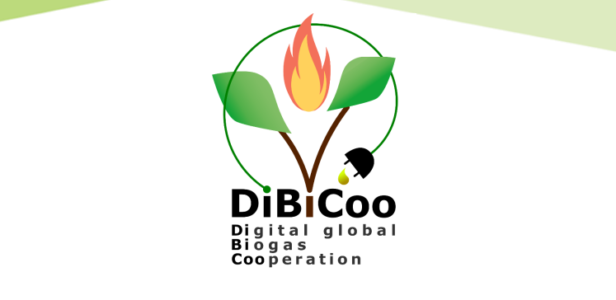Executive Summary
The objective of the DiBiCoo Project is to support the development of a healthy biogas sector in developing and emerging countries. To achieve this, DiBiCoo has identified promising project opportunities, from which demo projects and follower projects have been selected. These projects will serve as examples on how to set up reliable biogas projects in cooperation with European technology providers. In order to select these demo projects and follower projects, possible project opportunities were collected in a first step.
The selection of demo projects from the identified project opportunities was conducted in several stages. First, the eligibility of the applications was checked. Second, a preliminary technical design and financial analysis was conducted and follow-up questions to applicants were sent to gain more detailed information on the proposed projects. Third, a selection process and matrix were prepared and approved by the Steering Committee. Fourth, the evaluation matrix was completed by the respective target country partner and the Austrian Energy Agency independently, in order to generate first evaluation scores for all applications. Fifth, the shortlisted project applications were presented in country specific Steering Committee meeting sessions together with these first evaluation scores, which were used to compare the projects within one country to each other and to discuss all shortlisted potential projects with all consortium partners. Lastly, based on these presentations and the discussion, the Steering Committee voted to select one demo case per country.
Until end of August 2020, 52 project applications were submitted in total in the five DiBiCoo target countries. These applications are distributed over all target sectors / feedstocks as organic fraction of municipal solid waste, sludge from wastewater treatment, agricultural residues, residues from animal husbandry and agro industrial residues. From these 52 project applications, 21 have been deemed eligible to become a demo case and provided sufficient information for a technical and financial assessment. From these shortlisted applications, one demo case per country has been selected, leading to five demo cases in total, as shown in Table 1.
| Country | Company | Feedstock | Utilization | Connection | Size | Annual pro duction |
|---|---|---|---|---|---|---|
| Argentina | Biolectrica Dos SA | Thin stillage Organic municipal waste | CHP | Grid | 2,100 kWe | 17.000 MWhe/a |
| Ghana | Beta Construction Engineers Ltd. | Organic municipal waste Wastewater (primary sludge) | CHP | Grid | 1,400 kWe | 12.000 MWhe/a |
| Indonesia | PT Ecody Agro Energi | Palm Oil Mill Residues | CHP | Island / Self consumption | 3,100 kWe | 23.000 MWhe/a |
| South Africa | New Auto Energy & Crosspoint | OFMSW Market waste Wastewater | Methane injection | Local mini-grid | 150 m³/h CH4 | 1.150.000 m³ CH/a |
| Ethiopia | Bahir Dar University and Lake Tana and other water bodies’ protection and development Agency | Water Hyacinth Manure | CHP | Grid | 1,600 kWe | 13.000 MWhe/a |
The focus of this report is a detailed description of the evaluation and selection process and a first presentation of the selected demo projects.
To read the full report click the download button:
